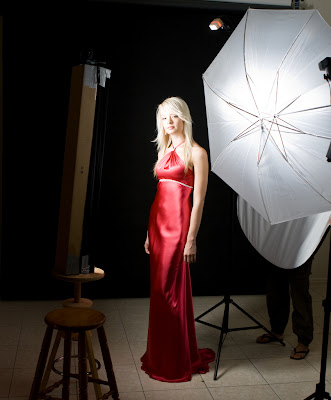Photography Lighting Tips and Tricks
There are techniques, equipment advice and photographic lighting. In other words, if one wants to become a serious photographer. For snapshot shooters, there is the "point-and-shoot camera with flash.

Before starting on the boards of photography lighting must brush up on history a little photography. Lighting equipment base for photographers is the flash. Flash has evolved from the crude magnesium powder flash that had to be ignited by today's artificial lighting for photography, which is a modern unit with flash LED or xenon lamps in a black box smooth.
A flash connects to the camera body through what is called a hoof. This modern flash unit will most likely via TTL or counting Lens. This allows a camera and flash to communicate so that advice photography lighting may soon disappear. The camera and flash can read correctly the light through built in sensors and automatically selects the right settings.
A flash is important because it allows to capture images even in low light conditions. Even in full light, a flash helps you to manipulate the image to your advantage. Using this type of artificial light, a photograph will have more color. Scenes can be frozen using special techniques of light. A photographer is able to capture objects moving too fast.
Lighting Tips photography is important to be able to learn and practice these skills. Better pictures will result. There are also other types of lighting to learn outside of Flash. The ambient light, existing light, fill flash, reflected light, bouncing light, backlighting, side lighting, and diffuse light.









